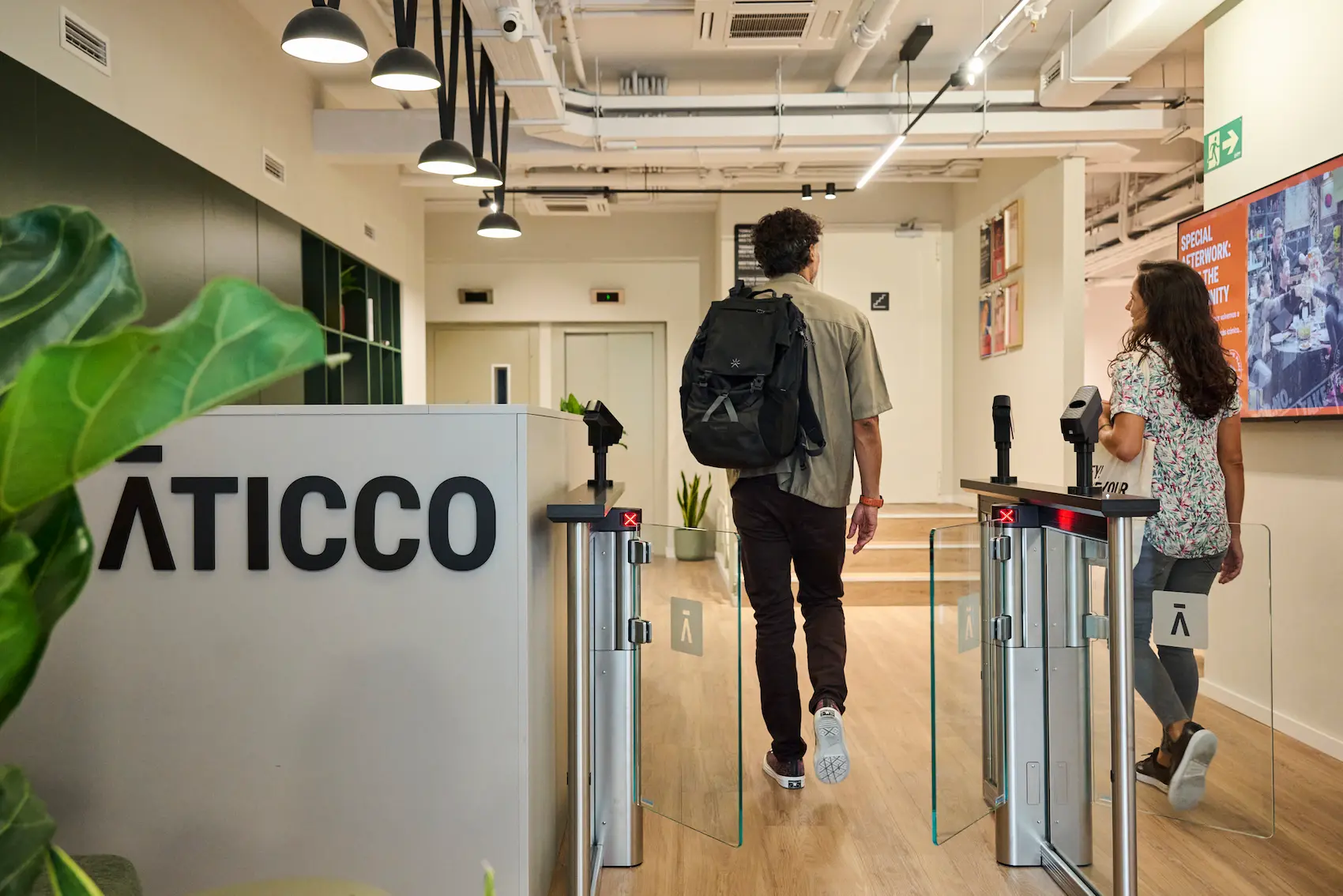Time Tracking and Workday Logging: Comply with the Law and Improve Your Team Management

Employee time tracking and work day registration are key legal obligations for companies. Below, we explain what it implies, its advantages, and how to implement it correctly.
What is employee time tracking?
Time tracking is a system that allows companies to record the entry and exit times of their employees. Its objective is to guarantee transparency in the working day, avoid abuses, and comply with current regulations.
Advantages of implementing a labor control system
- Legal compliance: Avoid penalties for non-compliance.
- Transparency: Clear record of hours worked.
- Better time management: Facilitates the analysis and optimization of schedules.
- Conflict prevention: Reduces misunderstandings about hours worked.
What does the regulations say about the registration of the working day?
The regulations establish the obligation to keep a detailed and accessible record of working hours for the authorities and the employees themselves. This must be kept for at least four years.
Obligations for companies according to the working hours control law
- Record the start and end time of the working day daily.
- Keep records for at least four years.
- Facilitate access to documentation for the worker and the competent bodies.
Which workers must clock in at work?
Registration is mandatory for:
- Employees with permanent, full-time contracts.
- Part-time workers.
- Staff with flexible hours and teleworking.
Exclusions:
- Self-employed workers without employees.
Time tracking system for companies: which one to choose?
There are several options for implementing a labor control system:
- Manual time tracking: Paper or Excel records.
- Digital time tracking: Specialized software and mobile applications, such as Factorial, an ideal partner for this management.
Manual vs. digital check-in: pros and cons
Manual check-in:
- Simplicity and reduced cost.
- Greater risk of errors and manipulation.
Digital check-in:
- Precision and automation.
- Secure data storage.
- Initial implementation cost.
Time tracking for remote work
Time registration also applies to employees in teleworking mode. Companies must establish an accessible and agreed system for recording hours, guaranteeing transparency and regulatory compliance.
Time tracking for part-time employees and in specific sectors
Registration is mandatory regardless of the type of contract. In sectors with high turnover or flexible hours, such as hospitality, a digital system is recommended for greater control and efficiency.
Consequences of not complying with the employee time registration
Failure to comply may result in significant financial penalties:
- Minor infraction: Fines from €60 to €625.
- Serious infraction: Fines from €626 to €6,250.
- Very serious infraction: Fines from €6,251 to €187,515.
At Aticco, we help companies manage time tracking efficiently, offering flexible solutions adapted to the needs of each team, facilitating regulatory compliance.
Ready to simplify labor management? Discover how Aticco can help you maintain control of your team's hours without complications.


